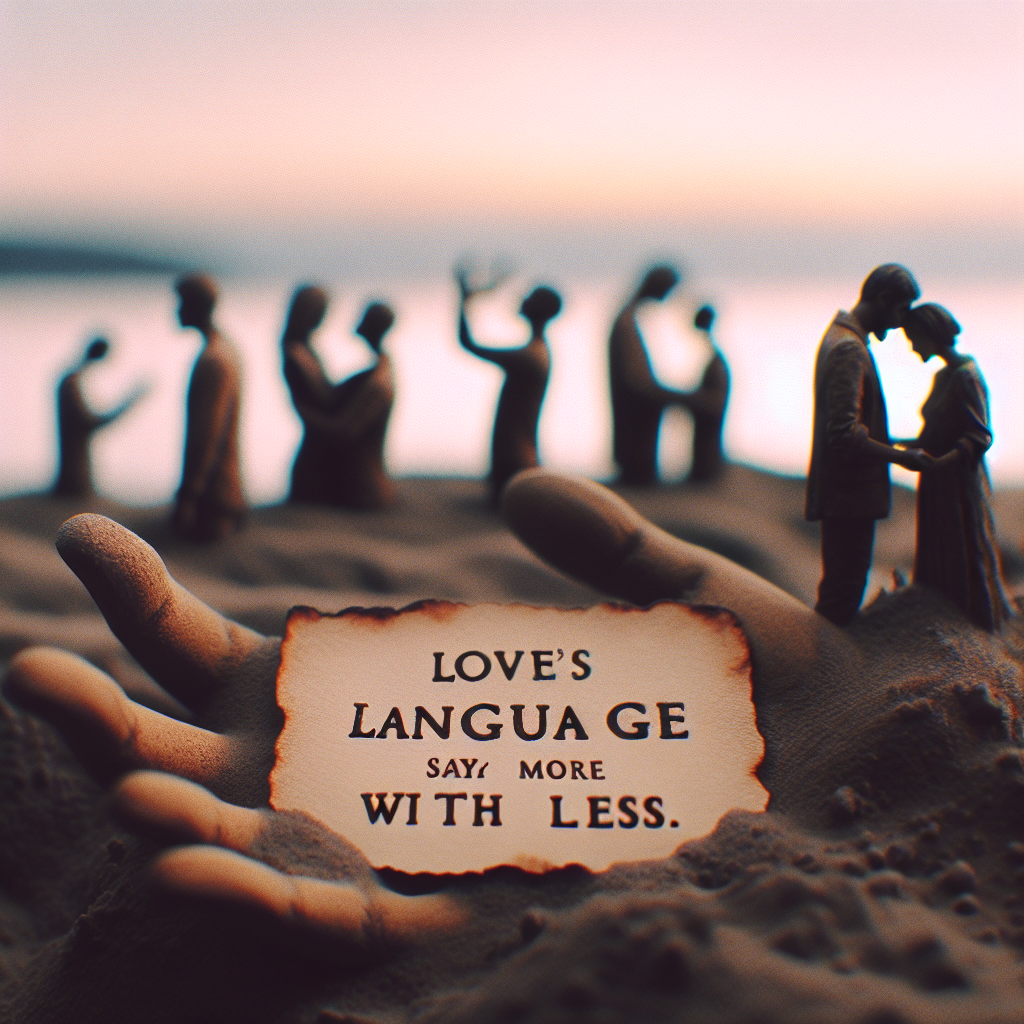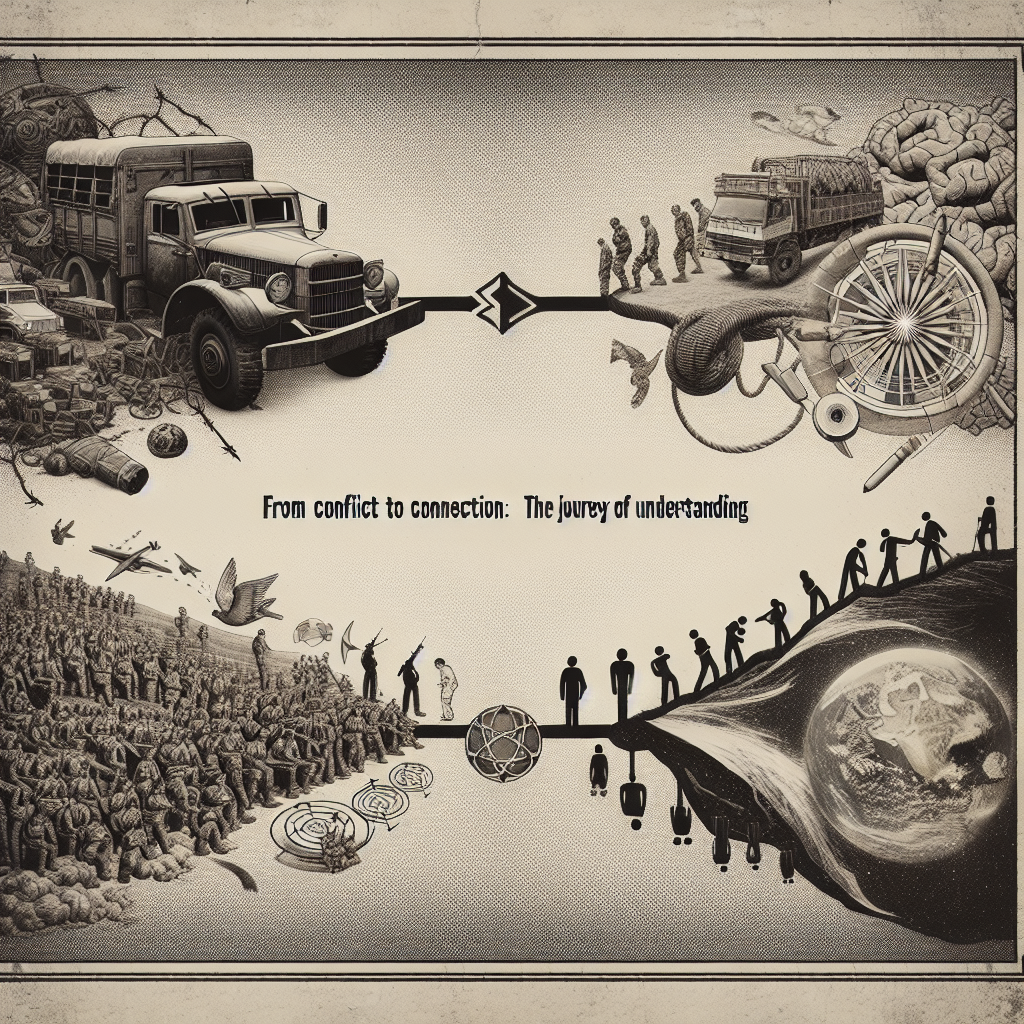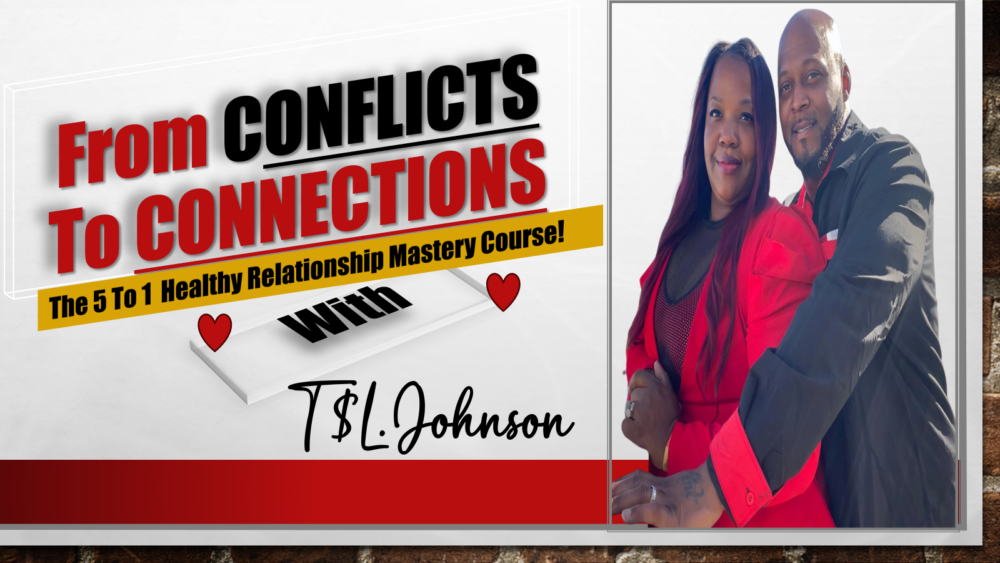Be Present in the Moment
Limit Distractions
In our busy lives, it’s so easy to get distracted, isn’t it? When someone is sharing their thoughts or feelings, I try to put my phone away and turn off any noise around me. It’s like hitting pause on the world so I can really tune in to what’s being said. This small act speaks volumes about respect and attentiveness.
By truly being present, I’m able to pick up on the nuances of the conversation—like the emotions behind the words and the subtle cues in body language. It’s almost like opening a door to the other person’s world, and that’s where the magic happens.
Additionally, I find that if I can create a distraction-free zone, it encourages the other person to open up more. It’s this mutual respect that helps us navigate tough topics without losing sight of our connection.
Practice Mindfulness
Mindfulness is a game-changer when it comes to tough conversations. I often take a moment to breathe and center myself before diving into a difficult discussion. It helps me react less on impulse and respond with clarity instead.
In moments of high emotion, I take a deep breath and focus on the here and now. By doing this, I remind myself that the conversation isn’t just about exchanging words; it’s about understanding emotions and weaving together our experiences.
Mindfulness keeps my heart open, allowing me to engage without judgment. It’s almost like giving myself a pep talk: “You’ve got this, and remember, it’s not just about winning an argument but nurturing the relationship.”
Show Empathy
Genuine empathy can transform a tough conversation into a shared experience. Whenever I sense tension building, I try to put myself in the other person’s shoes. What might they be feeling? What experiences have shaped their perspective?
When I acknowledge their feelings, it not only shows that I care but also encourages them to let their guard down. I might say something like, “I can see that this is really important to you.” That simple acknowledgment can make all the difference.
Empathy allows us to connect on a deeper level, leading to better understanding and resolution of issues. It’s about building bridges, not walls!
Communicate Clearly and Openly
Use “I” Statements
I’ve learned that how I express myself can either help or hurt a conversation. Instead of saying, “You never listen,” I try to frame my thoughts with “I feel unheard when…” This subtle change in language helps me avoid blaming the other person and keeps the focus on my feelings.
This helps to diffuse defensiveness. After all, no one likes feeling attacked. By guiding the conversation with “I” statements, I create an environment where both of us can share openly without fear of conflict.
Ultimately, using “I” statements keeps the conversation rooted in personal experience, making it less confrontational and more collaborative.
Be Honest and Authentic
Being vulnerable can be a bit scary, but it’s essential for open communication. When I share my true feelings—even the messy ones—I encourage others to do the same. It’s like giving permission for that openness to flow.
I’m not saying you have to bare your soul every time, but showing authenticity, even in small ways, can help build trust. When I share that something bothers me, it often inspires others to be honest as well.
Being authentic means acknowledging when I don’t have all the answers and admitting when I’m wrong. It’s about showing that we’re all human and that this conversation is a journey for both parties involved.
Listen Actively
Active listening is a skill I constantly work on. It’s not just hearing the words; it’s about really understanding the message behind them. When someone is talking, I make it a point to nod or give verbal affirmations. It helps signal that I’m engaged.
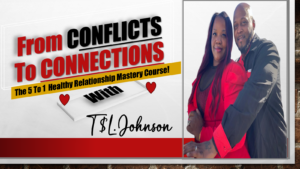
Furthermore, I’ll often paraphrase what the other person has said to confirm that I understand correctly. For instance, I might say, “So, if I’m hearing you right, you feel…”. This way, I’m not just passively listening but also validating their feelings.
Active listening opens the door for a deeper conversation filled with respect. It shows that I value what my conversation partner has to say, making it more likely they will do the same in return.
Stay Calm and Grounded
Take Breaks When Needed
Sometimes, a heated discussion can get a bit too intense. In those moments, I’ve learned it’s okay to take a step back. I might suggest a five-minute break to collect my thoughts. This isn’t about escaping the situation but rather about coming back with a clearer mind.
During these breaks, I focus on my breathing or even step outside for some fresh air. It’s amazing how a little time can shift my perspective and help me approach the conversation with renewed calm.
Remember, it’s not the end of the world if we need a break. In fact, taking a moment can be a sign of strength, not weakness. It’s about maintaining our heart space instead of getting caught in the storm.
Use Humor Wisely
Humor can be a fantastic tool to diffuse tension. I’ll often try to lighten the mood if things start getting too heavy. A well-timed joke can break the ice and allow both of us to reset our emotional state.
However, humor has its place. It’s important to gauge the appropriateness of a joke based on the conversation’s context. I make sure my humor doesn’t undermine the seriousness of the topic at hand.
Using humor can help remind us both that while the conversation may be tough, it doesn’t mean we can’t have a moment of laughter. This approach usually brings us closer together, even amid disagreement.
Remember Your Purpose
Lastly, I always try to remind myself of the purpose of the conversation. It’s easy to get lost in emotion and forget the ultimate goal of understanding each other. Before any hard chat, I take a moment to reflect: “Why are we having this conversation?”
Keeping that purpose in mind helps to ground me and steer the conversation back on track when it wavers. Whether it’s seeking agreement, resolving a misunderstanding, or simply feeling heard, reminding myself of the end goal keeps my heart open.
Each conversation is an opportunity for growth and connection. By remembering this, I’m more willing to approach hard topics with love rather than fear.
FAQ
1. Why is being present important in hard conversations?
Being present shows respect and attention, allowing you to truly understand the other person’s feelings and perspectives. It creates a safe space for open dialogue.
2. How do “I” statements help in communication?
“I” statements shift the focus from blaming to expressing personal feelings, which helps reduce defensiveness and encourages more honest sharing.
3. Can humor really help in tough discussions?
Yes! Humor, when used appropriately, can lighten the mood and help both parties feel more comfortable, making it easier to engage in difficult topics.
4. What should I do if I feel overwhelmed during a conversation?
If you feel overwhelmed, it’s perfectly okay to request a short break. Taking time to collect your thoughts can help you approach the situation with a clearer mindset.
5. How important is empathy in maintaining an open heart?
Empathy is crucial because it helps you understand the other person’s emotions. Acknowledging their feelings fosters connection and encourages open dialogue.
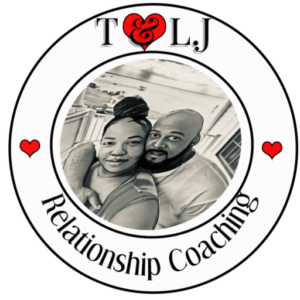
Schedule Your First 20-Minute Coaching
Call With Us Today to see if we fit . You pick the price!
Click Here


